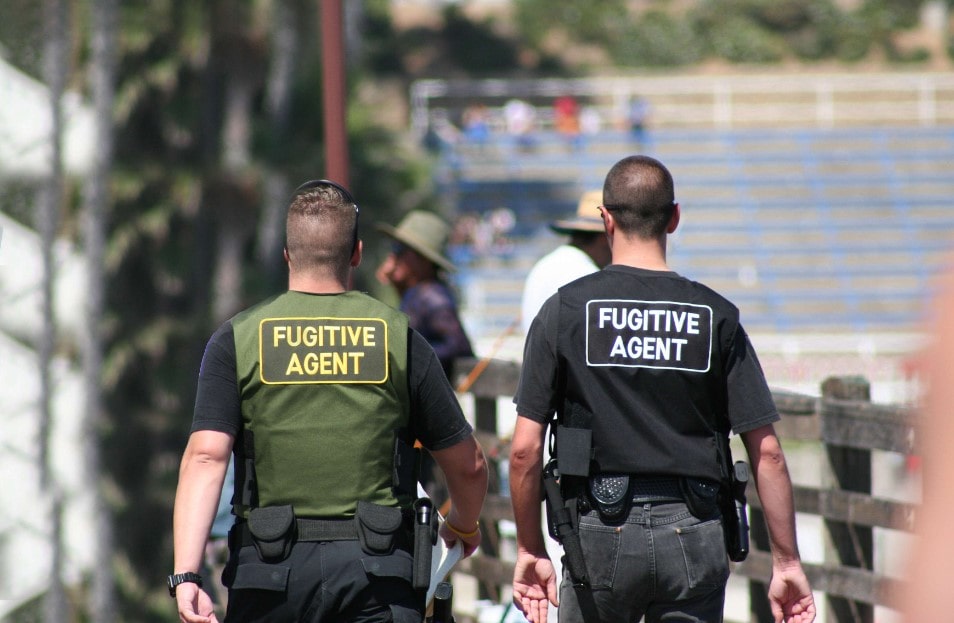The role of a Bail Enforcement Agent, often referred to as a bounty hunter, is both thrilling and challenging. This profession combines investigative work with law enforcement, providing a unique career path for those interested in criminal justice. If you’re considering a career as a Bail Enforcement Agent, understanding the requirements, responsibilities, and opportunities in this field is essential. For those looking to dive deeper into what this career entails, https://www.bailbeaandsecuritytraining.com offers valuable insights and training programs to get you started on the right path.
Table of Contents
What Does a Bail Enforcement Agent Do?
A Bail Enforcement Agent’s primary responsibility is to apprehend fugitives who have skipped bail. When individuals are released on bail, they are expected to appear in court at the appointed time. However, when they fail to do so, bail bondsmen may lose the money they posted on behalf of the defendant. This is where a Bail Enforcement Agent comes in, tasked with locating and apprehending these individuals to ensure they face justice.
Bail Enforcement Agents must be skilled in investigation, surveillance, and physical restraint. The job can be dangerous, as it often involves confronting individuals who do not want to be caught. However, it can also be incredibly rewarding, providing a vital service to the legal system and the community.
Steps to Becoming a Bail Enforcement Agent
If you’re interested in becoming a Bail Enforcement Agent, there are several steps you need to take to prepare for this demanding career.
1. Obtain the Necessary Education and Training
While a college degree is not required to become a Bail Enforcement Agent, having a background in criminal justice, law enforcement, or a related field can be beneficial. Specialized training programs are available that focus on the skills needed for this profession, including fugitive recovery, surveillance techniques, and legal considerations.
2. Get Licensed
Most states require Bail Enforcement Agents to be licensed. The licensing process typically involves passing a background check, completing a training program, and passing a written exam. Each state has its own requirements, so it’s important to research the specific regulations in your area.
3. Gain Experience
Many Bail Enforcement Agents start their careers working as security guards, private investigators, or in other law enforcement roles. This experience can provide valuable skills and knowledge that will be useful when working as a Bail Enforcement Agent.
4. Build a Network
Networking is crucial in this field. Developing relationships with bail bondsmen, law enforcement officers, and other professionals in the industry can help you find work and advance your career.
5. Stay Informed
The laws and regulations surrounding bail enforcement can change, so it’s important to stay informed about any updates in the legal landscape. Continuing education and training can help you stay current and improve your skills.
The Risks and Rewards of the Job
Bail Enforcement Agents often face significant risks on the job. Apprehending fugitives can be dangerous, particularly if the individual is armed or desperate to avoid capture. Agents must be prepared to handle high-stress situations and protect themselves and others.
However, the rewards can be substantial. In addition to the satisfaction of helping to uphold the law, Bail Enforcement Agents can earn a good income. Many agents are paid on a per-case basis, with fees ranging from 10% to 20% of the bail amount. For those who are skilled and dedicated, this can add up to a lucrative career.
Fun Fact: Did you know that the concept of bounty hunting dates back to medieval England? Bail Enforcement Agents are modern-day equivalents of “bailiffs” who were responsible for ensuring individuals paid their debts or faced justice.
Understanding the Bail Bond Service
A bail bond service plays a critical role in the criminal justice system, providing defendants with the opportunity to be released from custody while awaiting trial. When a defendant cannot afford to pay the full bail amount, a bail bondsman steps in, posting the bond on behalf of the defendant in exchange for a fee. This service allows defendants to regain freedom while ensuring recognizance, enabling them to continue their daily lives while preparing for their court date. However, it also comes with the responsibility of ensuring they appear in court as required. If they fail to do so, the Bail Enforcement Agent is called upon to locate and return the defendant to custody, ensuring the bail bond service can recover its money.
Is a Career as a Bail Enforcement Agent Right for You?
Becoming a Bail Enforcement Agent is not for the faint of heart. It requires a unique combination of skills, including investigative abilities, physical fitness, and a deep understanding of the legal system. For those who are up to the challenge, however, it can be an exciting and rewarding career.
If you’re ready to take the plunge into this adventurous field, start by gaining the necessary education and training, obtaining your license, and building a strong network. With dedication and perseverance, you could soon find yourself on the front lines of the criminal justice system, helping to keep communities safe by ensuring that fugitives face the consequences of their actions.
